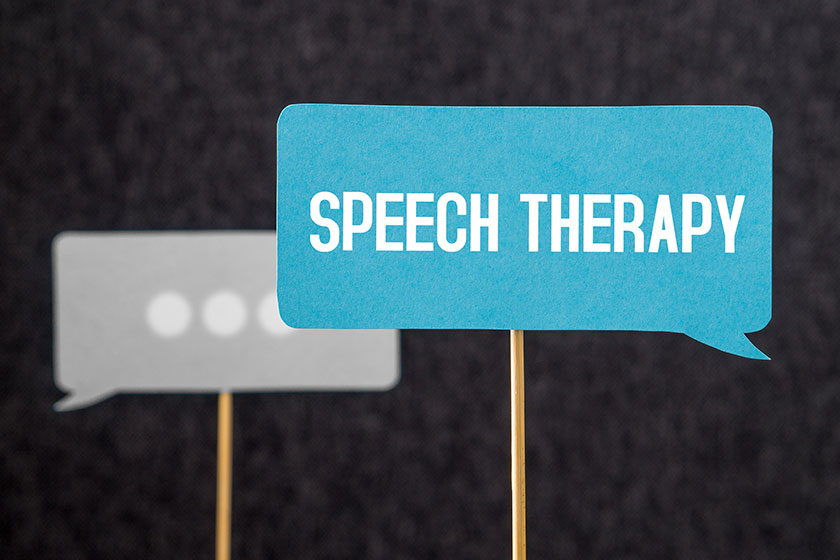Dementia is a challenging condition that gradually erodes memory, thinking, and language abilities. One of the most significant impacts of dementia is the decline in communication skills, which can lead to frustration and isolation for those affected. However, speech therapy offers a ray of hope by preserving and enhancing the language skills of dementia patients. A retirement community with assisted living and memory care options, residents receive comprehensive care that includes specialized speech therapy to maintain their ability to communicate effectively.
Understanding The Role Of Speech Therapy In Dementia Care
Speech therapy is a critical tool for dementia patients, focusing on maintaining and improving their ability to communicate. This therapy involves exercises and activities tailored to each individual’s needs, helping them to retain their language skills as much as possible. It provides support not only for verbal communication but also for understanding and processing information.
Maintaining Communication Abilities
One of the primary goals of speech therapy is to preserve communication abilities in dementia patients. As the disease progresses, individuals may struggle to find the right words or follow conversations. Speech therapists work with patients to practice word retrieval and enhance their ability to understand and respond to verbal cues. This helps to maintain a connection with their loved ones and caregivers, which is crucial for emotional well-being.
Enhancing Cognitive Functions
In addition to language skills, speech therapy also targets cognitive functions like memory and attention. Therapists use a variety of exercises to stimulate the brain and slow cognitive decline. Activities such as problem-solving tasks, memory games, and listening exercises can help dementia patients stay mentally active and engaged. This holistic approach supports overall cognitive health, which is vital for maintaining language skills.
Improving Quality Of Life
For dementia patients, maintaining the ability to communicate can significantly improve their quality of life. Speech therapy helps to reduce the frustration and anxiety that often accompany communication difficulties. By keeping patients engaged in conversations and activities, it helps them to feel more connected and less isolated. At our retirement community, speech therapy is an integral part of the care plan, ensuring that residents receive the support they need to live fulfilling lives.
Adapting To Changing Needs
As dementia progresses, the communication needs of patients change. Speech therapy is flexible and adapts to these evolving needs. Therapists continuously assess the patient’s abilities and adjust the therapy accordingly. This might include introducing alternative communication methods such as pictures or gestures to help patients express themselves when words become challenging. This adaptability ensures that therapy remains effective throughout the stages of dementia.
Supporting Caregivers
Speech therapists also play a vital role in supporting caregivers. They provide education and training on how to communicate effectively with dementia patients. This includes using simple language, giving clear instructions, and being patient during conversations. By equipping caregivers with these skills, speech therapists help to create a supportive environment that encourages communication and reduces frustration for both patients and caregivers.
Promoting Swallowing Safety
In the later stages of dementia, patients may experience difficulty swallowing, known as dysphagia. Speech therapy includes techniques to help manage swallowing difficulties, ensuring that patients can eat and drink safely. Therapists teach exercises to strengthen the muscles involved in swallowing and provide strategies to prevent choking and aspiration. This aspect of speech therapy is crucial for maintaining the health and safety of dementia patients.
Encouraging Social Interaction
Social interaction is essential for maintaining cognitive and emotional health. Speech therapy encourages dementia patients to participate in social activities and engage with others. This might involve group therapy sessions where patients practice conversational skills in a supportive setting. Engaging in social interactions helps to keep the mind active and reinforces the use of language skills, contributing to overall well-being.
Personalizing Therapy
Every dementia patient is unique, and speech therapy is personalized to meet individual needs. Therapists work closely with patients and their families to develop a tailored therapy plan that addresses specific challenges and goals. This personalized approach ensures that therapy is relevant and effective, providing the best possible outcomes for each patient.
Building Confidence And Independence
By helping dementia patients maintain their communication abilities, speech therapy builds confidence and fosters independence. Patients who can communicate effectively are more likely to participate in activities and make their own choices. This sense of autonomy is empowering and contributes to a higher quality of life. At our retirement community, the focus is on helping residents to live independently for as long as possible, with speech therapy playing a key role in achieving this goal.
Speech therapy is a vital component of dementia care that helps to preserve language skills and improve the quality of life for patients. It offers a range of benefits, from enhancing communication abilities to supporting cognitive functions and promoting social interaction. At our retirement community, residents receive compassionate and personalized care, including speech therapy, to help them navigate the challenges of dementia with dignity and grace. By focusing on maintaining and enhancing communication, speech therapy plays a crucial role in supporting the well-being of dementia patients.
If you have any inquiries about our assisted living and memory care options, feel free to contact us today.







